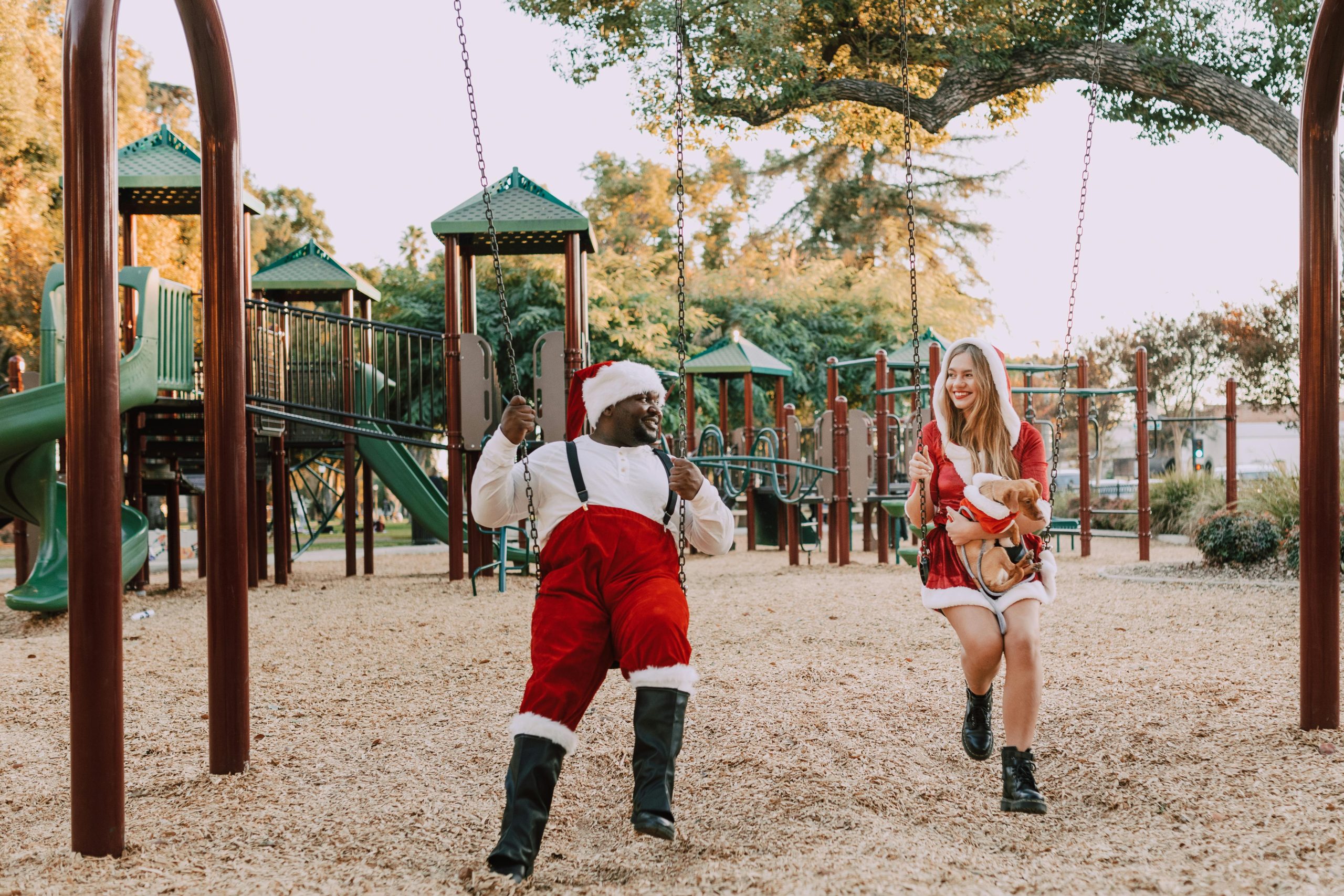The Impact of AI Tools on Student Creativity and Academic Integrity: A New Paradigm
In today’s rapidly evolving educational landscape, artificial intelligence (AI) applications such as ChatGPT, Lama, DeepSeek, and Grok are increasingly integrated into students’ academic lives. These powerful tools are transforming how learners approach research, project development, and even resume building. But what does this mean for originality, learning, and the future of education?
Consider a typical scenario: a 16-year-old student faces a looming deadline for a research report. Traditionally, she would spend days—or even weeks—gathering information, analyzing data, and crafting her report. Now, overwhelmed by time constraints, she turns to AI assistance for quick insights and guidance. Similarly, a 21-year-old university student tasked with building a project on a self-chosen topic might rely on AI to brainstorm ideas, generate code snippets, or draft content, streamlining her process and reducing creative friction.
Furthermore, when recent graduates enter the job market, their portfolios often come under scrutiny. Employers and recruiters might wonder whether project achievements are genuinely the student’s own work or generated, at least in part, by AI. This raises critical questions about authenticity, ownership, and the evolving standards of academic and professional integrity.
The core issue revolves around what constitutes genuine original work. How many projects on platforms like GitHub are fully handcrafted by their creators? To what extent have AI tools contributed to these portfolios? Are students increasingly dependent on AI, and if so, how does this impact their learning experience?
This evolving scenario prompts us to reflect: Is AI aiding students by simplifying complex tasks and saving time, or is it undermining the fundamental process of learning and skill development? Should educational institutions adapt their curricula to integrate AI literacy, emphasizing ethical use rather than outright restriction?
As AI continues to redefine the landscape of student work, it may be time for educators, students, and employers to reconsider our benchmarks for originality and achievement. Embracing these tools responsibly could foster a future where AI complements human creativity, rather than replacing it.
What are your thoughts on the role of AI in education? Should we be developing new standards of academic honesty and creative expression in this AI-driven era?
